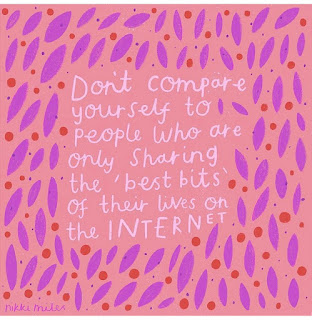When I began Stanley Tucci’s Taste, the language seemed very basic after the academic sophistication of Olivia Laing, whose book I read previously. However, once stuck in, I realised that simplicity is not quite the same as basic. Tucci has an endearingly generous and avuncular style of writing that is aptly colloquial and allows his subject matter to shine. Coming to the French/Italian Alpine borderland for a ski trip, I realised that I had not packed any books for my children. Shocking oversight, I know but then they usually pack their own reading material. So, given the safe content of this book and the accessibility of the language, I have been reading it to the children at bedtime. They are loving it! Even the section about slaughtering a goat with a blunt knife, an atypically gruesome memory from the actor’s childhood, was met with awe rather than disgust.
The real charm of this book is its complete lack of culinary snobbery. Indeed, it is not a book about cuisine but a book about food. Tucci was the child of hard-working Italian immigrants who brought the recipes of southern Italy to the state of New York and embraced the food of their new home as much as honouring the food of their motherland. That meant that whilst the smell of meatballs scented the house on Sunday mornings, the family also enjoyed an abundance of tiny crabs from the Hudson river and Corn on the cob that is also grown in New York state. What Tucci seems to marvel at, is how his parents, with minimal financial means, were able to give him a childhood of such flavoursome richness. At a time when most families grew some sort of food in their gardens, it highlights how little we now appreciate raw ingredients. It made me want to eat a sun-ripened tomato straight off the vine and be able to differentiate one variety from another. I enjoy food and cooking enormously but to eat seasonally and with a real respect for the best ingredients is something, due to time constraints, that few of us allow for these days. Therefore, the subtitle to the book is profound as much as it is accurate: My Life Through Food.
The way that our eating habits have changed over the decades is as much social commentary as it is food porn. The latter appeal is, of course, strong. Tucci relays in detail the ‘religion’ of pasta, setting out why certain shapes should not be eaten with certain sauces, or the history of ragù. If you are someone who can take pleasure in reading a cookery book, then this book provides recipes and history and storytelling combined with such charm that, as reader, I longed, perhaps as much as Tucci, to be able to time-travel back to the suburbs of east coast America in the seventies and sit down with his family for a typical mid-week feast. However, knowledgable as Tucci maybe on Italian/American cuisine, despite being in possession of an English wife, he is embarrassingly lacking in knowledge of English cuisine. He shows himself up in one chapter by stating how much he has learned to appreciate the Festive English tradition of sticky toffee pudding after the Christmas lunch, accompanied by a glass of Port. Stanley, you plonker, this is not a thing. Surely there was an agent or an editor who read this and cringed so convulsively that the offending passage would be removed?!
When Tucci describes his beloved grandfather, he seems to capture the essence of this love-letter to his upbringing when he writes:
‘Like many Italian immigrants of that era, the life he led was a very simple one. A family, a steady job and a garden were the bastions that tethered him firmly to this world and protected him from the swift swirling chaos of the twentieth century.’
I think, if most of us are honest, we would admit to wanting more than this, and the twenty-first century has certainly encouraged us in our ambitions. But in striving and fixing our gaze on some distant point in the future, we have forsaken something of such priceless worth that we are all lacking the rich and satisfying flavours of the past. It was a past that understood that all life is celebrated by sitting and eating food together; food that has been made with love.





